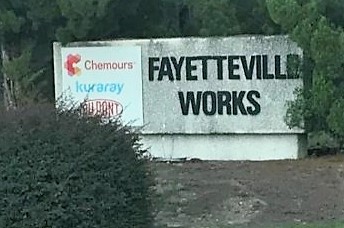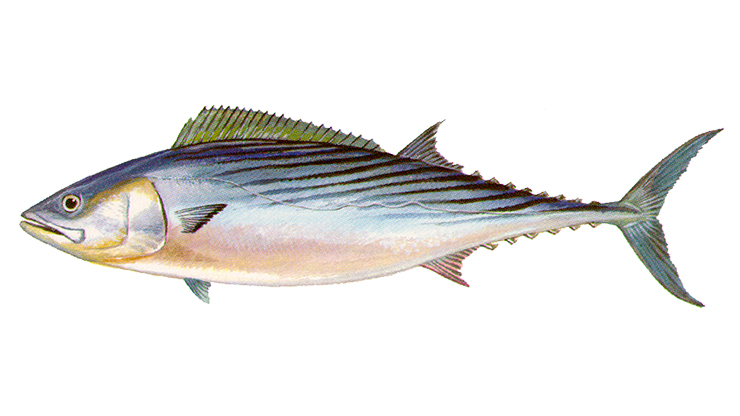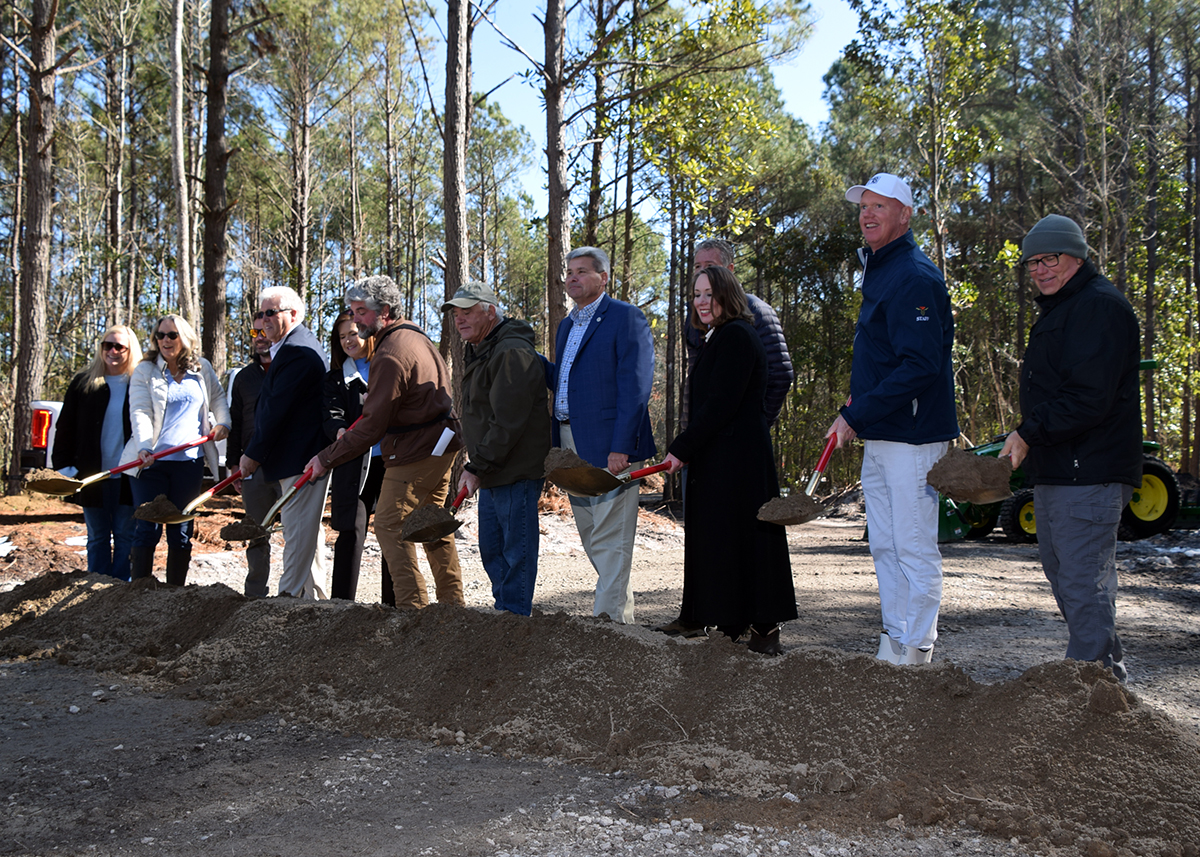
The Chemours Co.’s Fayetteville Works plant is being penalized by more than $300,000 by the state for exceeding the facility-wide GenX annual air emissions limit.
The North Carolina Department of Environmental Quality’s Division of Air Quality announced Monday that the state had assessed $305,611 in penalties in recent enforcement action against Chemours.
Supporter Spotlight
“DEQ is holding Chemours accountable and ensuring they meet the requirements of their permit at all times,” said DEQ Secretary Elizabeth S. Biser in a statement. “They must uphold their obligations to reduce PFAS impacts to their neighbors in the community.”
Under the emissions requirements in the facility’s air permit, Chemours must demonstrate compliance with the GenX emission limit of 23.027 pounds per year, using a rolling 12-month calculation. This limit equates to a 99% percent reduction from GenX emissions in 2017, according to officials.
Although the permit expiration date was March 31, the permit has remained in effect under state law due to Chemours’s timely filing for renewal of the permit, the state said. Excess GenX emissions in March resulted in noncompliance with the rolling 12-month limits for the seven months from March through September of 2021.
Based on the information reviewed by the Division of Air Quality as part of its investigation, including the stack test results and the written response by Chemours to the division’s Notice of Violation and Notice of Recommendation for Enforcement, at a minimum, DAQ determined the Carbon Adsorber Unit was not properly operated or maintained from the date of the stack test March 9 until the date of the change out of the carbon in the Carbon Adsorber unit April 6. The total operating days during this time period is 26 days.
The division issued the civil penalty assessment based on the facility permit provisions and the agency’s statutory enforcement authority. The annual GenX air emissions limit in the Consent Order entered by Department of Environmental Quality, Chemours, and Cape Fear River Watch was effective until the division issued an equal or more stringent limit in the permit.
Supporter Spotlight
“Yesterday’s announcement by DEQ relates to an issue that occurred almost six months ago, and was promptly corrected. Chemours informed DEQ of the unexpected and temporary increase in air emissions, and we returned emissions levels to their normal very low levels quickly,” Lisa Randall, regional communications lead with Chemours told Coastal Review.
The civil penalty assessment outlines the series of actions Chemours will implement for continued, longer-term improvements. A copy of the assessment and related data is available online.







